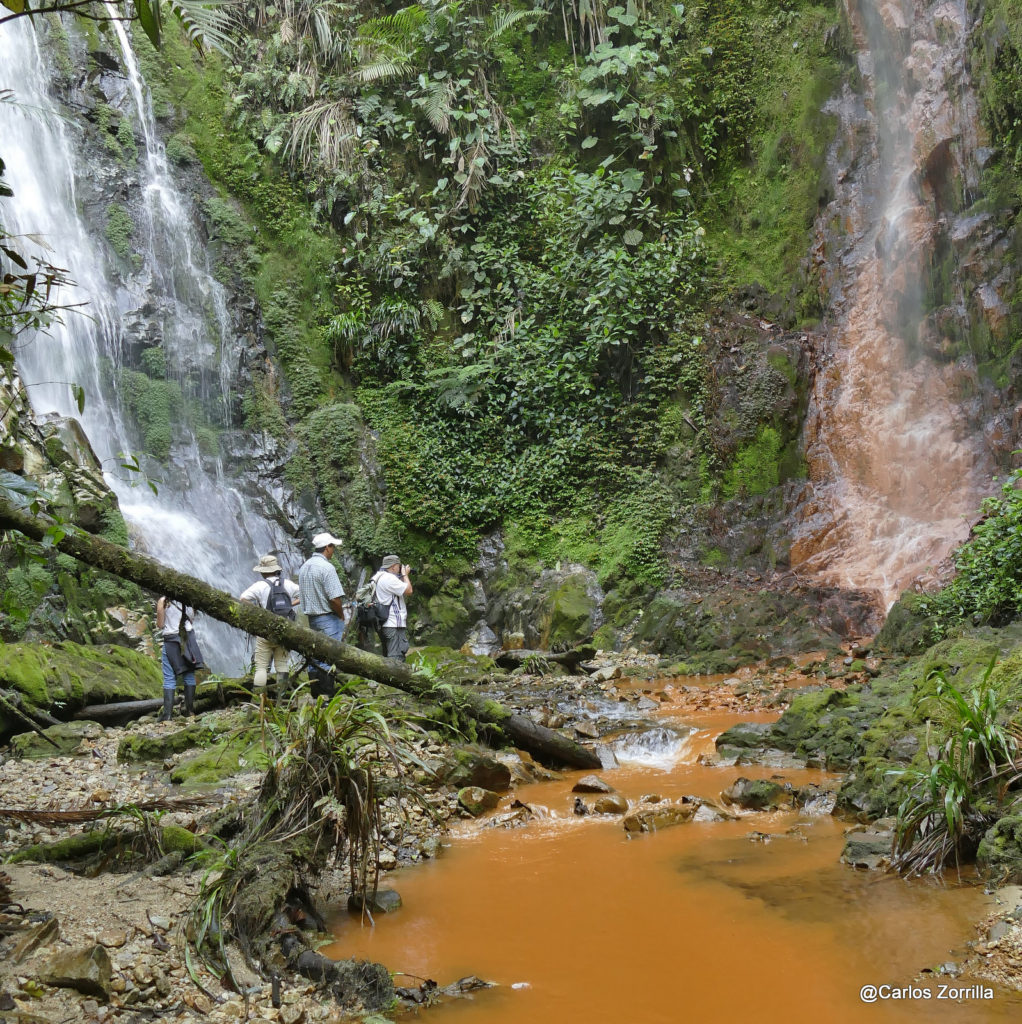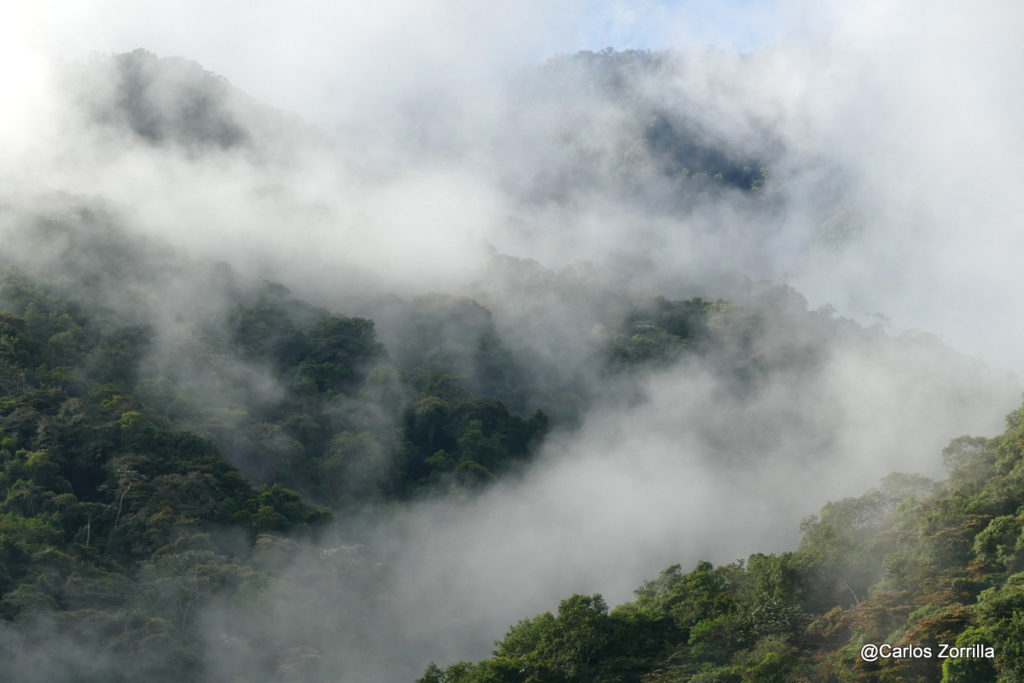Selling the World a Social and Environmental Catastrophe: Ecuador’s Llurimagua Mining Project
By Carlos Zorilla
The government of Ecuador has been busy trying sell its share of the troubled Llurimagua copper project to a third party of late. Right now it is owned by two state-owned mining companies, Ecuador’s ENAMI and the Chilean giant, CODELCO, the world’s largest copper producer. Big names like BHP have been mentioned, as well as lesser players, like Hanrine (subsidiary of Australian Hancock). There is even evidence than a Chinese firm is interested. The government’s main selling point is that the concession could hold “one of the richest copper deposits in the Andes”. What they don’t tell you that it is one hell of a conflictive area, where countless human rights violations have been documented, and where the communities have battled against the development of the mine since 1995 and kicked out two transnational mining companies.
Prospective Buyers Beware

Government officials and the press also conveniently leave out that the only way the government and Codelco was able to insert themselves in Intag was by illegally and violently occupying the whole Intag valley in 2014 with the “cooperation” of 389 elite police and military personnel. And then, only after a campaign of intimidation by falsely arresting a community leader and jailing him for 10 months without sentencing. And, I’m sure the government officials are telling prospective buyers that where Codelco and Enami are planning on exploring and previously explored, is within the Junin community forest reserve and in the middle of an unexplored pre-Incan site. Right?
Oh, and then there is that minor issue the copper ore laying beneath primary cloud forests that are part of the Tropical Andes, by far the most diverse of the world’s 36 Biodiversity Hotspots. In fact, the forests within the mining concession harbor HUNDREDS of animal and plant species in danger of extinction. Many are critically endangered, and some are found here and nowhere else on the planet. Another minor detail the greenwashers might be forgetting to mention is that, in Ecuador, since the 2008 Constitution, Nature has rights. Species extinction would certainly violate such rights.

Did I forget to mention that in 1996 Japanese scientist produced a preliminary Environmental Impact Study for a small copper mine? What they predicted might turn you off to mining in Intag. “Massive deforestation”; drying up of the local climate; contamination of rivers and streams with lead, arsenic, cadmium and chromium, and relocation of hundreds of families from four communities are just some of the findings. Two years later they reported the ore deposit could be 5 times larger. Add the fact that the ore is, according to the latest estimates, very low grade (0,44%), that by all indications it seems to be very deeply buried, that the area gets between 3 and 5 meters of rain annually, that it is located in a seismically active part of the Andes, in extremely steep terrain, and you have the ingredients for creating one of the world’s worse environmental nightmares. Especially since Codelco is “guesstimating” the ore body might possibly hold 17 million tons of copper, incrusted in 4 billion tons of ore. If it’s ever confirmed, the ore body would be 55 times larger than what the Japanese used to base their apocalyptic social and environmental impacts on. Then there is the pesky issue of profitability. Low grade deposit, deeply buried, mixed with arsenic and lead plus, at the very low-price tag of USD $2.00 per ton to remediate the mining site, the project would become instantly unprofitable. But then again, who’s worrying about numbers?
If these reasons are not enough to dissuade any reasonable thinking person, there are plenty others.
For more information check out:
www.decoin.org and www.codelcoecuador.com
For quick oversight of impacts of advanced exploration in Intag: https://www.youtube.com/watch?v=z-kztjjSHrQ